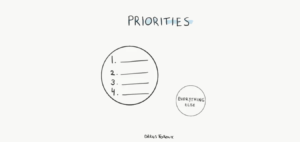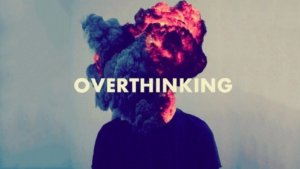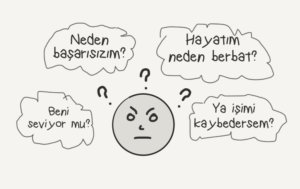
I hope that there is no one who does not know how valuable reading a book is for personal development. Thanks to books, we expand our world of knowledge and imagination, meet people we have never met, and learn to empathize. At some point, reading is one of the things that makes us who we are.
Although our teachers, family and environment tell us how useful reading is from a young age, sometimes these words can be left in the air because we are not provided with scientific support. At this point, scientists and their research come into play. Here are 6 of those valuable studies.
1) Begins to reduce stress.

In 2009, scientists at the University of Sussex in England measured how different activities reduce stress by measuring heart rate and muscle tension. With this research , it was found that reading a book or newspaper for just six minutes reduced stress levels by 68%.
Reading (68%) has a stronger effect on reducing stress than going for a walk (42%), drinking coffee (54%) and listening to music (61%).
2) According to research, you can increase your average life expectancy.

A team at Yale University observed more than 3600 adults over the age of 50 for 12 years. At the end of the study , it was revealed that people who reported reading for 30 minutes a day lived about two years longer than those who read magazines or newspapers.
Also, participants who read more than 3.5 hours a week were 23% less likely to die, while participants who read less than 3.5 hours a week were 17% less likely to die.
3) It raises your language skills and cultural knowledge.

In the 1990s, Keith Stanovich and colleagues conducted dozens of studies to assess the relationship between cognitive skills, vocabulary, and reading certain fiction and nonfiction authors. They used the Author Recognition Test, a strong predictor of reading skill, and revealed that the avid readers identified by this test had about 50% larger vocabulary and 50% more non-fictional knowledge.
4) It gives the ability to empathize.

In 2013, a group of volunteers for a study at Harvard University gave people literary fiction (like Alice Munro’s ‘Corrie’), popular fiction (like Robert Heinlein’s ‘Space Jockey’), nonfiction (like Charles Mann’s ‘Space Jockey’). his work ‘How the potato changed the world’) was read. Some of the participants were not read anything.
In experiments, those who read works of literary fiction performed better at predicting how the characters would behave and at identifying the emotion encoded in their facial expressions.
5) It makes you a creative and flexible person.

“In our day-to-day lives, we often think that we have to make a decision so we close our minds to information that can help us. When we read fictional books, we keep our minds open because we can handle uncertainty.” Maja Djikic – Psychologist (University of Toronto)
Maja Djikic conducted a detailed research on 100 participants who read works of fiction and non-fiction. At the end of the study, when participants completed the questionnaires, fiction readers appeared to be more flexible and creative than essay readers, and the effect was stronger in people who read regularly.














